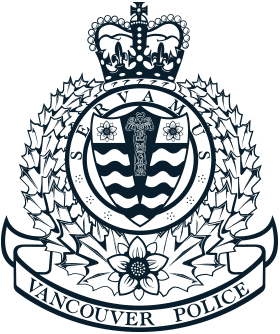Between January and June 2024, the VPD conducted our Body Worn Camera Pilot Project. Select officers in the Downtown Core, East Vancouver, and in our Traffic Services Section, took part in the six-month trial. This trial provided valuable feedback as we work toward a broader body-cam rollout for all frontline Vancouver Police officers.
Throughout the pilot, we sought feedback and input from community groups, as well as anyone involved in an interaction where cameras are used.
Thanks to internal and external feedback, we are now working on a report to outline what would be required for a full operational rollout.
We believe the cameras will strengthen public safety, enhance transparency, trust, and accountability in interactions between the police and the public. There are, understandably, many concerns surrounding the use of body-worn cameras. If you don’t see your questions answered in our FAQ section below or in the guidelines, please email us at bodyworncameras@vpd.ca.
Questions?
If you don’t see what you’re looking for in our frequently asked questions below, please email your question(s) to bodyworncameras@vpd.ca.
VPD Body-Worn Camera Pilot Guidelines
Sworn and civilian members from across the VPD formed a working group to plan the roll-out of the body-worn cameras and create guidelines for our officers.
These guidelines were reviewed by the BC Information and Privacy Commissioner and are consistent with:
- BC Provincial Policing Standards
- VPD Strategic Plan
- BCACP Police Operations Policy
- Freedom of Information and Protection of Privacy Act
- CACP Proposed Body Worn Camera Policy
- VPD Equity, Diversity and Inclusion Project Business Rules
- Other Canadian police agencies


